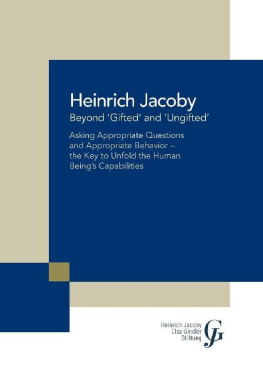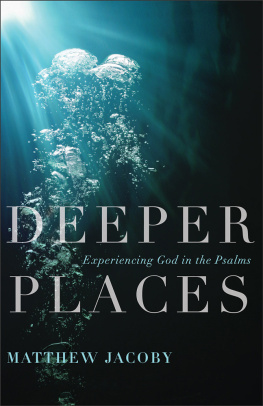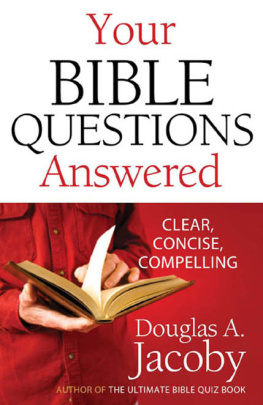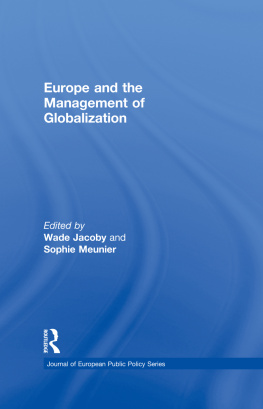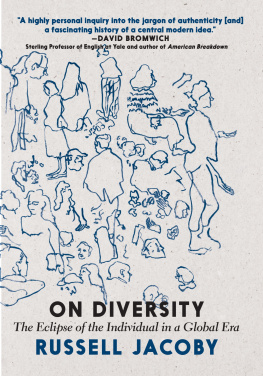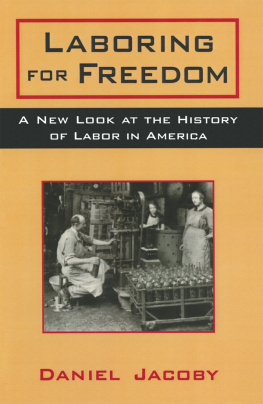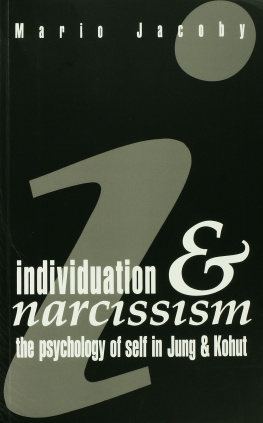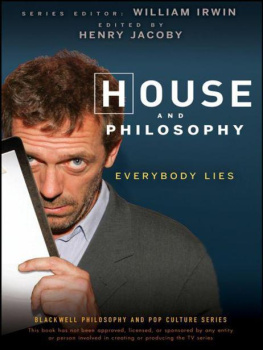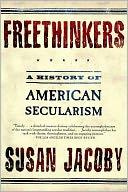HEINRICH JACOBY
BEYOND GIFTED AND UNGIFTED
INTRODUCTORY COURSE, 1945
ASKING APPROPRIATE QUESTIONS AND APPROPRIATE BEHAVIOR
THE KEY TO UNFOLD
THE HUMAN BEINGS CAPABILITIES
Translated from German
by
Angela Brewer and Susan George
with
a foreword by
Maya Rauch and Verena Ehrich-Haefeli
Ms. Elsa Chahin has sponsored the Publication of
Beyond Gifted and Ungifted
Copyright 2018 by Heinrich Jacoby-Elsa Gindler-Stiftung
Cover Design by Harald Rautenberg
Library of Congress Control Number: 2018904636
ISBN: Hardcover 978-1-9845-2197-2
Softcover 978-1-9845-2198-9
eBook 978-1-9845-2199-6
All rights reserved. No part of this book may be reproduced or transmitted in any form or by any means, electronic or mechanical, including photocopying, recording, or by any information storage and retrieval system, without permission in writing from the copyright owner.
Rev. date: 04/30/2018
Xlibris
1-888-795-4274
www.Xlibris.com
758368

Heinrich Jacoby, 1958
CONTENTS
It was in the field of music that Heinrich Jacoby found the key to his lifes work. He started out as a pianist and conductor. Whilst rehearsing with soloist singers, it struck him how much the quality of their performance fluctuated, depending on the extent to which they were in the mood or felt hampered by stage fright or other factors. This led him to the problem of musical talent, and he began to take a closer look at the way music is taught. His many and diverse experiences with adults and young people gradually convinced him that failure in this field had causes other than a lack of talent and that every person was born with a capacity for musical expression. In his publication Jenseits von Musikalisch und Unmusikalisch [ Beyond Musical and Unmusical ], he set out the results of his research.
Music eventually became for Jacoby just one illustration of a fundamental insight: that the capacity for every kind of expression is latent in every individual. And while in our culture some forms of expression are segregated into the higher realm of art, they became for him but the privileged examples for every human beings potential for creative contact with reality. This gave rise to what was to become his lifes endeavor to find out under what conditions this potential can develop unhindered, and to explore which disturbing factors in our culture cause the widespread ungiftedness we consider normal.
Hence an important part of Jacobys research was given to a critical examination of current child-rearing practices and their perverse consequences. By showing the child how to do, by helping and teaching him to get up, to walk, etc., we do not allow him to find out for himself how to do things, nor to discover his capacity for finding out. Yet since the way children grow up largely depends on their parents, Jacoby worked almost exclusively with groups of adults. Participants included musicians, actors and actresses, educators and teachers from all disciplines, doctors, special needs teachers, social workers, nurses, parents. His aim was that the group should recognize the capacities that every individual possesses as part of his or her biological equipment, rather than accept inability in one area or another as an inalienable fact of life. By trying out ways of functioning that they recognized as appropriate for a specific task, they would themselves experience that unfoldment was still possible in later life. Every so often participants had to admit that something deemed impossible gradually became accessible. Adults with such experience would also be better able to provide an upbringing and environment suited to children; for only unfolded people are able to trust in a childs own possibilities for unfoldment.
Jacobys meeting with Elsa Gindler was most important; it led to collaboration and joint research that proved productive for both of them. Elsa Gindler had gained insights in the field of gymnastics that were analogous to Jacobys in music. Gindlers work was about developing a conscious feel for ones actual state of being and thus experiencing and setting free the ordering and regenerating processes of ones body. To regain the feeling of being at home in ones body proved to be the basis for all meaningful functioning and expression: this is where the projects of Jacoby and Gindler meet.
There was no instruction in the courses; the participants were required to try out, test and experience things for themselves. You can offer people the things they need to help themselves, but you cannot help them. It was gratifying to watch the transformation of individual participants within the group as they began to straighten up and become freer, more confident, more capable, more creative and more sociable, and some gradually got rid of afflictions they had supposedly inherited, such as being cross-eyed or stuttering. However, Jacobys aim was not only personal unfoldment for its own sake; he also wanted people to become more capable of contributing to the peaceful, more humane functioning of the world around them, to become not only more human individuals, but more human members of society as well.
Because of the political circumstances in Germany, Jacobys work was for a long time accessible only to a limited circle of interested people. Operating under aggravated conditions and withdrawn from public life, Elsa Gindler taught in Berlin and Heinrich Jacoby in Zurich until the end of their days.
The impact of their work, however, has spread as a result of key encounters between Jacoby and people such as Moshe Feldenkrais, and through Elsa Gindlers students, who have passed on different aspects of their work. As many of them emigrated, Elsa Gindlers and Heinrich Jacobys work also became known in other European countries, but particularly in the USA and Israel. In the preface to the German edition of Charles Brooks book, Sensory Awareness [ Erleben durch die Sinne ] , Charlotte Selver writes: I should like to state very clearly that my own work sensory awareness which I have been carrying out in the USA for many years, is based on the fundamental discoveries made by Elsa Gindler and Heinrich Jacoby in their lifelong research into the human beings ways of functioning and behaving. Fritz Perls later met Charlotte Selver and incorporated important elements of her work in his Gestalt therapy . In Berlin it was Sophie Ludwig, who had worked with both for many years, who carried on their work and gave her much-frequented courses until 1996. Helmut Stolzes Konzentrative Bewegungstherapie [Concentrative movement therapy], which also has been spreading outward from Berlin, is an offspring of Elsa Gindlers and her courses. Lily Ehrenfried taught her Gymnastique holistique in Paris, where today a Lily Ehrenfried Society ensures the continuation of this work.
The effects of Heinrich Jacobys work can be seen in much that is beginning to become common knowledge today concerning our conception of the human being and his possibilities. While those who continued his work each developed a particular aspect of it that had become important for them and gave it a name, Jacoby himself always refused to attach a limiting label to his work, which is about a quality of being alive and of living together that encompasses all areas of existence.
The book Jenseits von Begabt und Unbegabt [ Beyond Gifted and Ungifted ], which was edited by Sophie Ludwig and appeared in German in 1980 (sixth edition, 2004), provides a reliable introduction to the content and scope of this work. This English translation for the first time enables interested people in the Anglophone world to study the fundamental aspects of Heinrich Jacobys and Elsa Gindlers research from a firsthand source. The book is based on tape recordings of an introductory course Jacoby gave in Zurich. In establishing the printed text, a number of contributions from course participants had to be cut. Nevertheless the lively give- and- take of the courses can still be felt, and the exploration of many concrete examples enables readers to try out this working method for themselves. They may then become aware of fundamental problems with ways of behaving, which in our culture have become normal and expand their conception of the possibilities every person possesses from birth.
Next page
